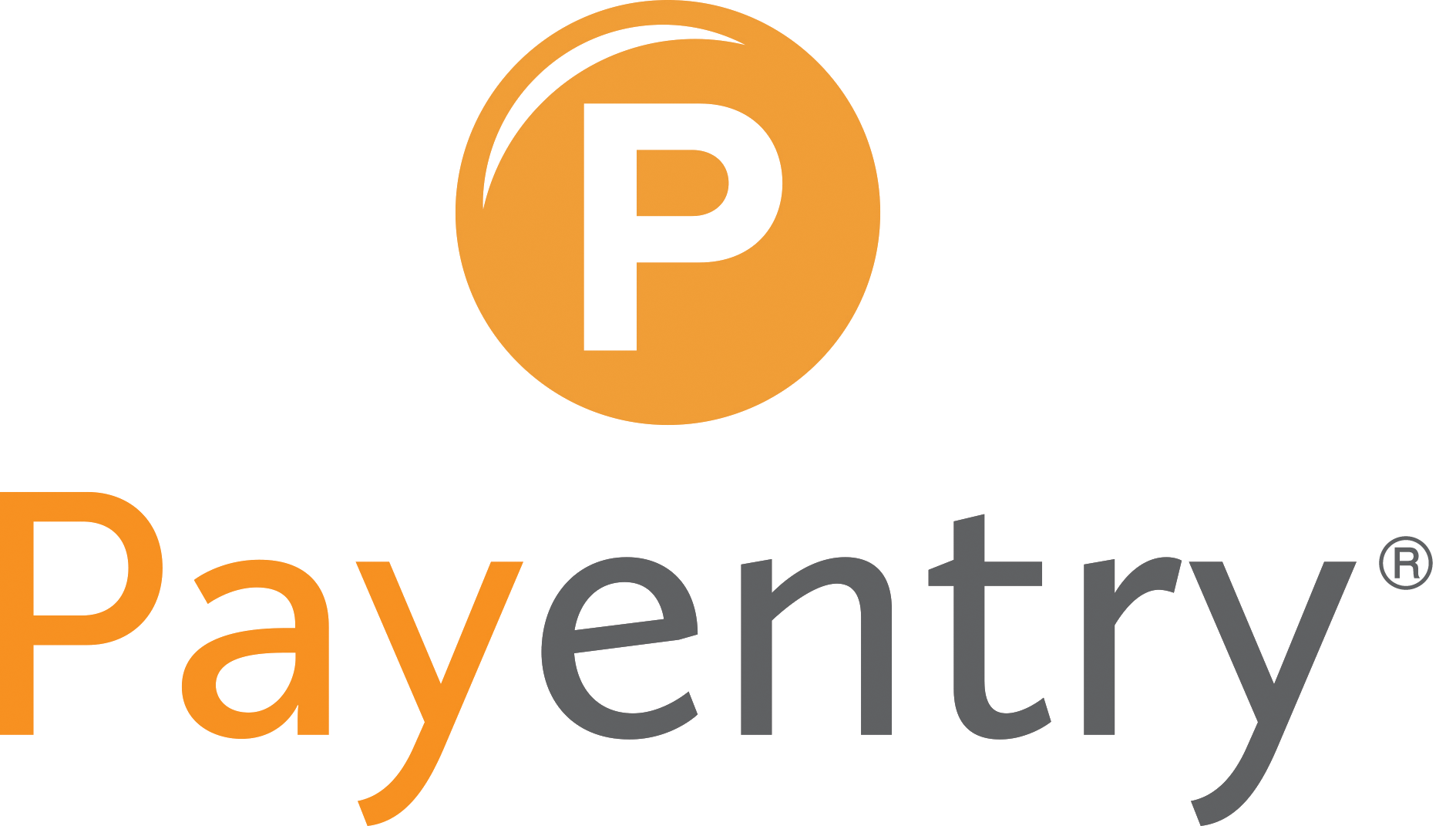
Top Payroll Compliance Risks
by Michael Reis, Vice President of Sales
Managing payroll encompasses paying employees on time and ensuring compliance with complex regulations. Payroll compliance errors can cause costly fines, legal trouble, and employee dissatisfaction. To help your organization stay on track, the following are some of the top payroll compliance risks and how to avoid them.
- Misclassifying Employees
One of the most common payroll compliance risks is the misclassification of employees as independent contractors. Misclassification can lead to penalties, back taxes, and even lawsuits. It is important to:
- Clearly define job roles and ensure they align with IRS and Department of Labor guidelines.
- Regularly review employee classifications to ensure compliance.
- Consult legal or payroll experts when uncertain about classification.
- Inaccurate Tax Withholdings
Failure to withhold the correct amount of payroll taxes can result in underpayment or overpayment, leading to fines and employee disputes. Always be sure to:
- Stay up to date with federal, state, and local tax requirements.
- Encourage employees to regularly review and update their tax withholding forms (W-4s).
- Periodically conduct audits to ensure proper processes.
- Failure to Comply with Wage and Hour Laws
Violations of the Fair Labor Standards Act (FLSA) regarding minimum wage, overtime, and working hours can result in serious penalties. To ensure compliance:
- Track employees’ hours accurately using reliable timekeeping systems.
- Ensure overtime pay is correctly calculated for non-exempt employees.
- Regularly review changes in wage and hour laws at both state and federal levels.
- Late or Incorrect Payroll Processing
Payroll errors or delays can lead to employee dissatisfaction and potential legal action. Avoid this issue by:
- Establishing a structured payroll schedule and sticking to it.
- Automate your organization’s payroll processes to reduce errors and improve efficiency.
- Conducting regular audits to identify mistakes before they become significant issues.
- Noncompliance with Paid Leave and Benefits Laws
Many states have introduced paid leave laws, and failing to comply can result in penalties and legal disputes. Always be sure to:
- Stay informed about federal, state, and local leave policies, such as the Family and Medical Leave Act (FMLA) and paid sick leave laws.
- Maintain accurate records of employee leave balances and usage.
- Ensure benefits are administered in compliance with applicable regulations.
- Improper Recordkeeping
Payroll records must be maintained for a specific period, as required by labor laws. Inadequate recordkeeping can lead to compliance issues during audits. Every organization should:
- Maintain payroll records for at least three to seven years, depending on state and federal laws.
- Store records securely and ensure they are easily accessible for audits.
- Track and maintain digital records efficiently.
- Ignoring Multi-State Compliance Regulations
Businesses with remote employees must comply with payroll tax laws in multiple states, which can be complex and vary significantly.
- Research and understand tax and employment laws in each state where employees work.
- Regularly review state laws to ensure continued compliance.
- Regularly conduct audits to ensure compliance in all 50 United States.
- Multi Layers of Protection
One of the biggest payroll compliance risks organizations face is the mishandling of sensitive employee information. Payroll data includes personal details such as Social Security numbers, bank account information, and salary details, making payroll information a prime target for cyberattacks and data breaches. To mitigate these risks, organizations should implement multiple layers of protection to safeguard sensitive data. This includes using:
- Encryption.
- Secure access controls.
- Regular system audits to prevent unauthorized access.
- General Data Protection (GDPR) and the Health Insurance Portability and Accountability Act (HIPPA)
Complying with regulations like the General Data Protection Regulation (GDPR) and the Health Insurance Portability and Accountability Act (HIPAA) is crucial. GDPR mandates strict protocols for handling and storing personal data, while HIPAA protects sensitive health-related information. Failure to comply with these regulations can lead to hefty fines, legal consequences, and a loss of employee trust. A secure payroll system with strong compliance measures not only protects an organization from costly breaches but also reinforces employee confidence in how their information is handled. Organizations should always:
- Encrypt and secure data transmission and storage.
- Limit access to sensitive data.
- Conduct regular training and audits.
Payroll compliance is critical for avoiding legal issues, maintaining employee trust, and ensuring smooth business operations. By proactively addressing these risks, organizations can minimize potential financial and legal liabilities. Staying informed about changing regulations, and working with our Payentry payroll professionals can significantly reduce compliance risks and improve your payroll efficiency.
Payentry personnel management professionals provide expert support in payroll, workforce management, human resources, benefits administration, and retirement planning services.
For the latest updates, to view our webinars, and listen to our podcasts, visit and follow us on LinkedIn, Facebook, X, Instagram, YouTube and Spotify.
Learn more about how we can help you achieve your goals, address challenges, and resolve issues with speed and precision by conveniently scheduling an appointment with our team. And to speak directly with an experienced payroll professional, please contact us at 888.632.2940 or simply Click Here and Let’s Talk.
* MPAY, Inc. dba Payentry (Company), is not a law firm. This article is intended for informational purposes only and should not be relied upon in reaching a conclusion in a particular area of law. Applicability of the legal principles discussed may differ substantially in individual situations. Receipt of this or any other Company materials does not create an attorney-client relationship. The Company is not responsible for any inadvertent errors that may occur in the publishing process.

